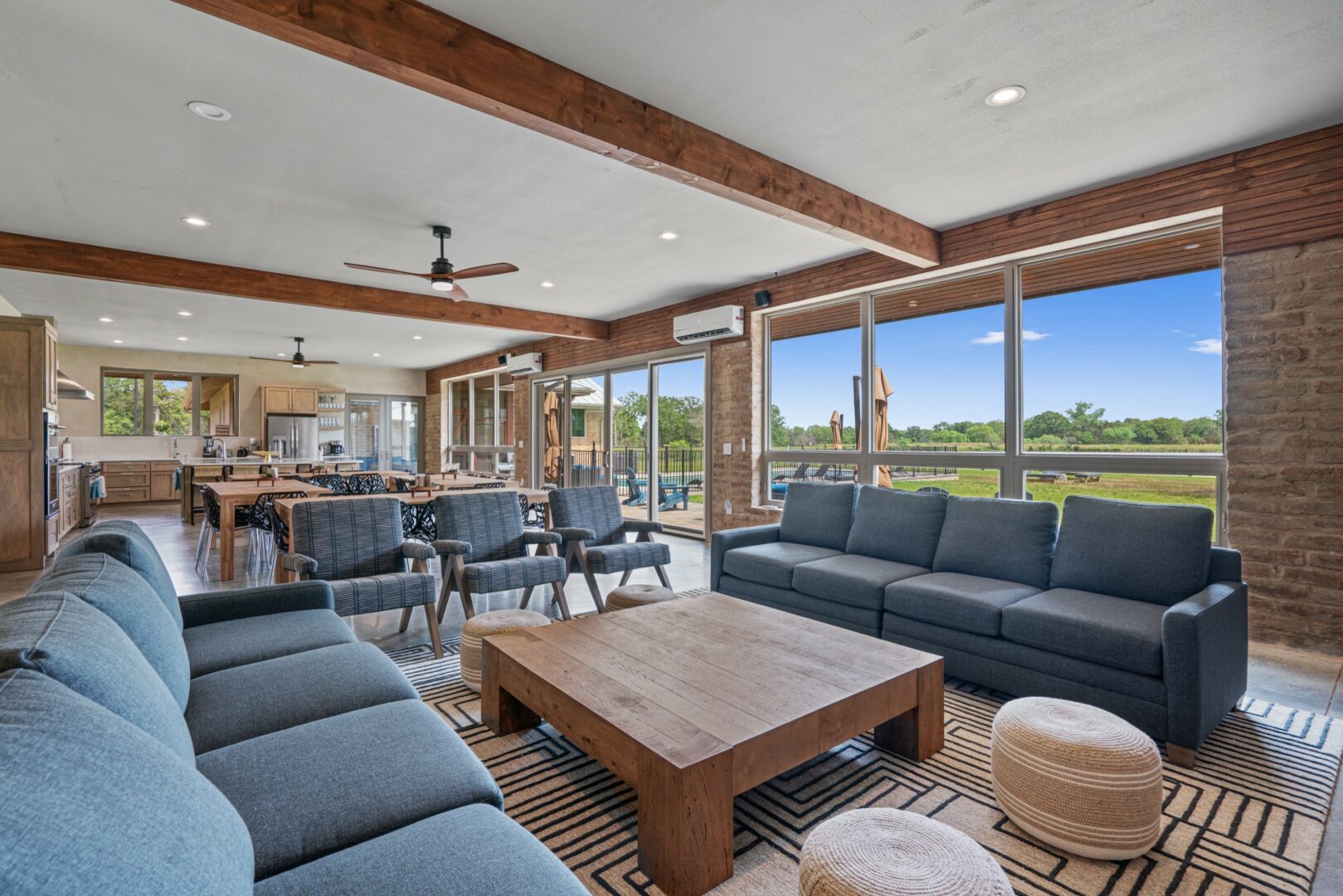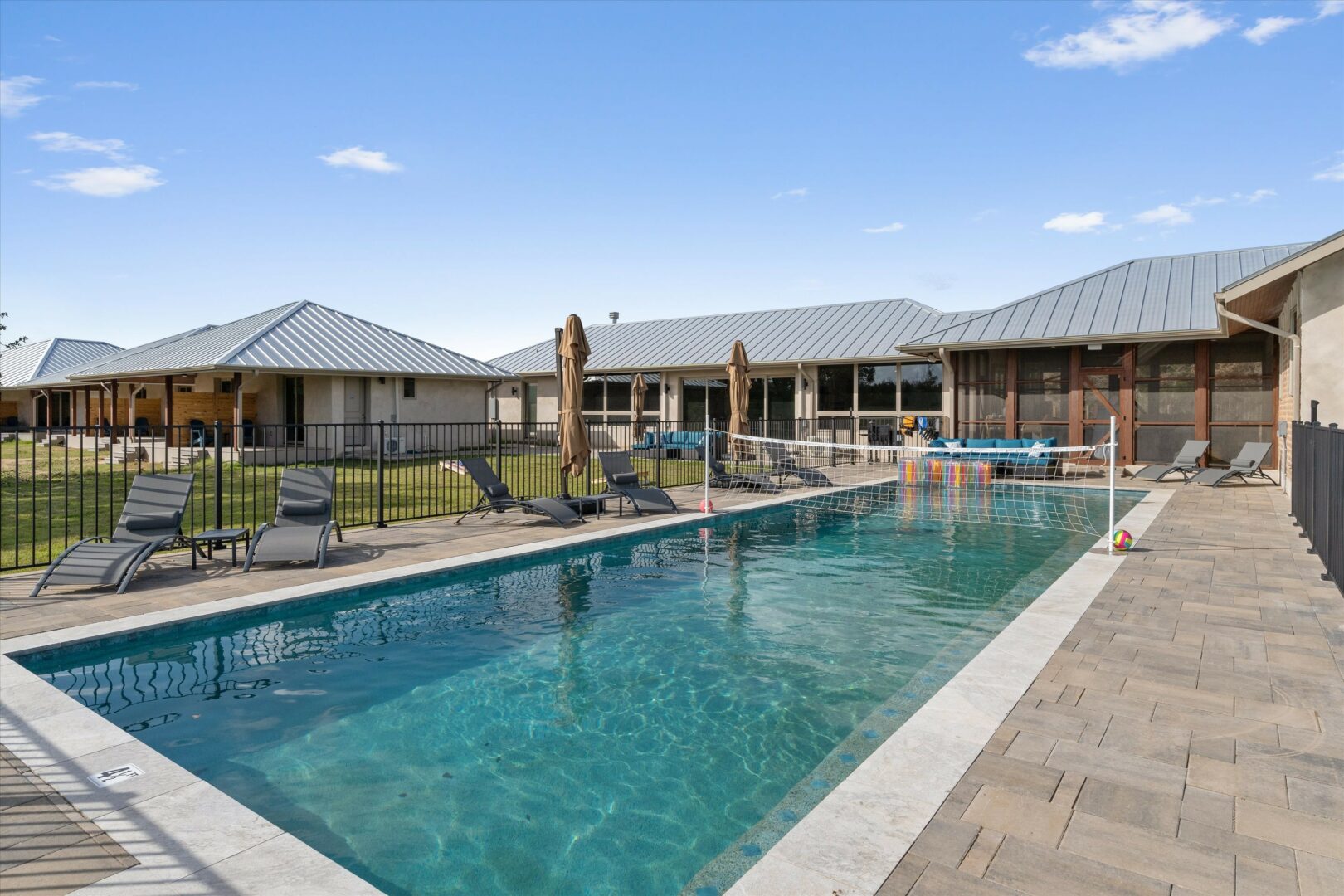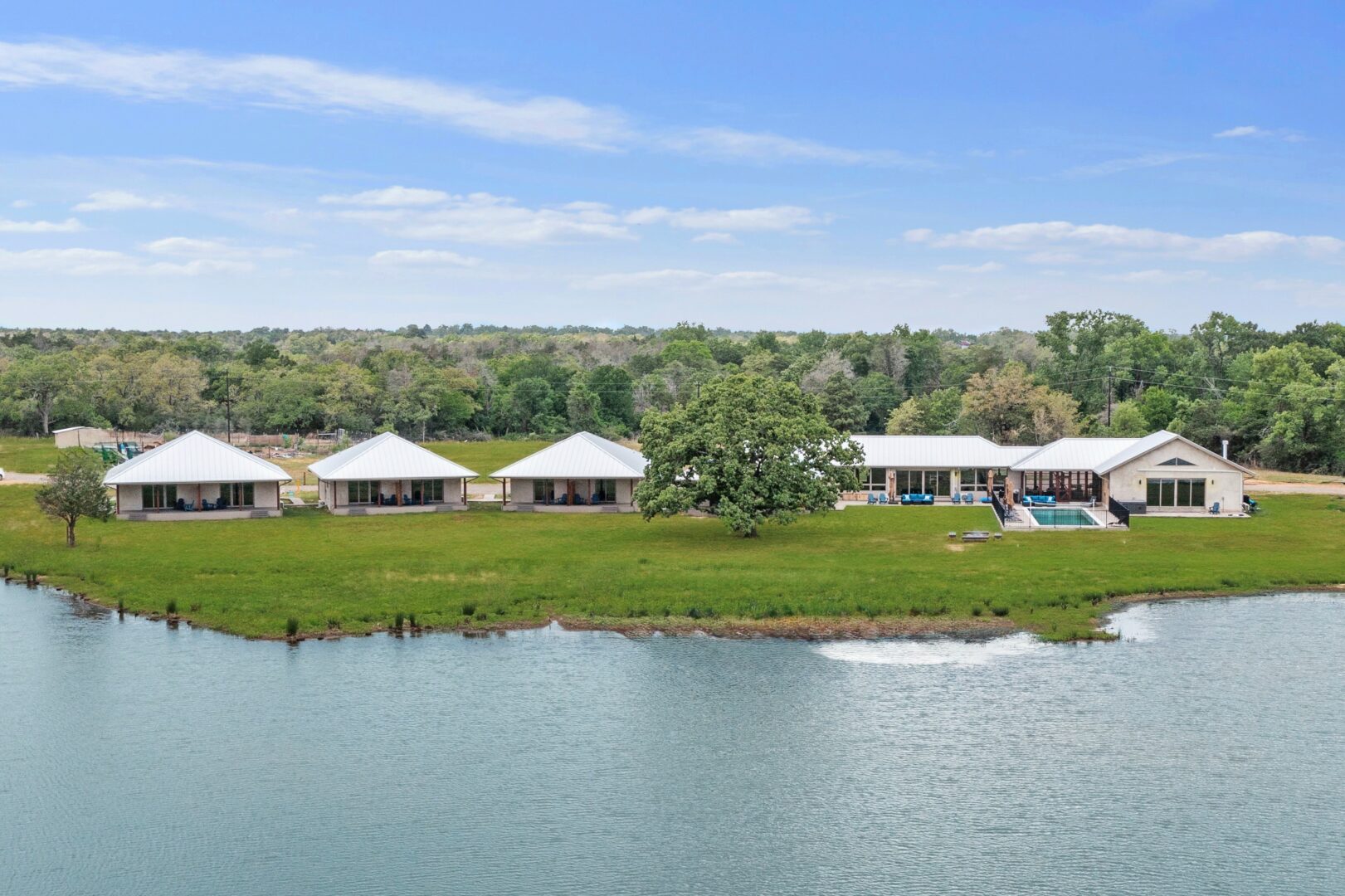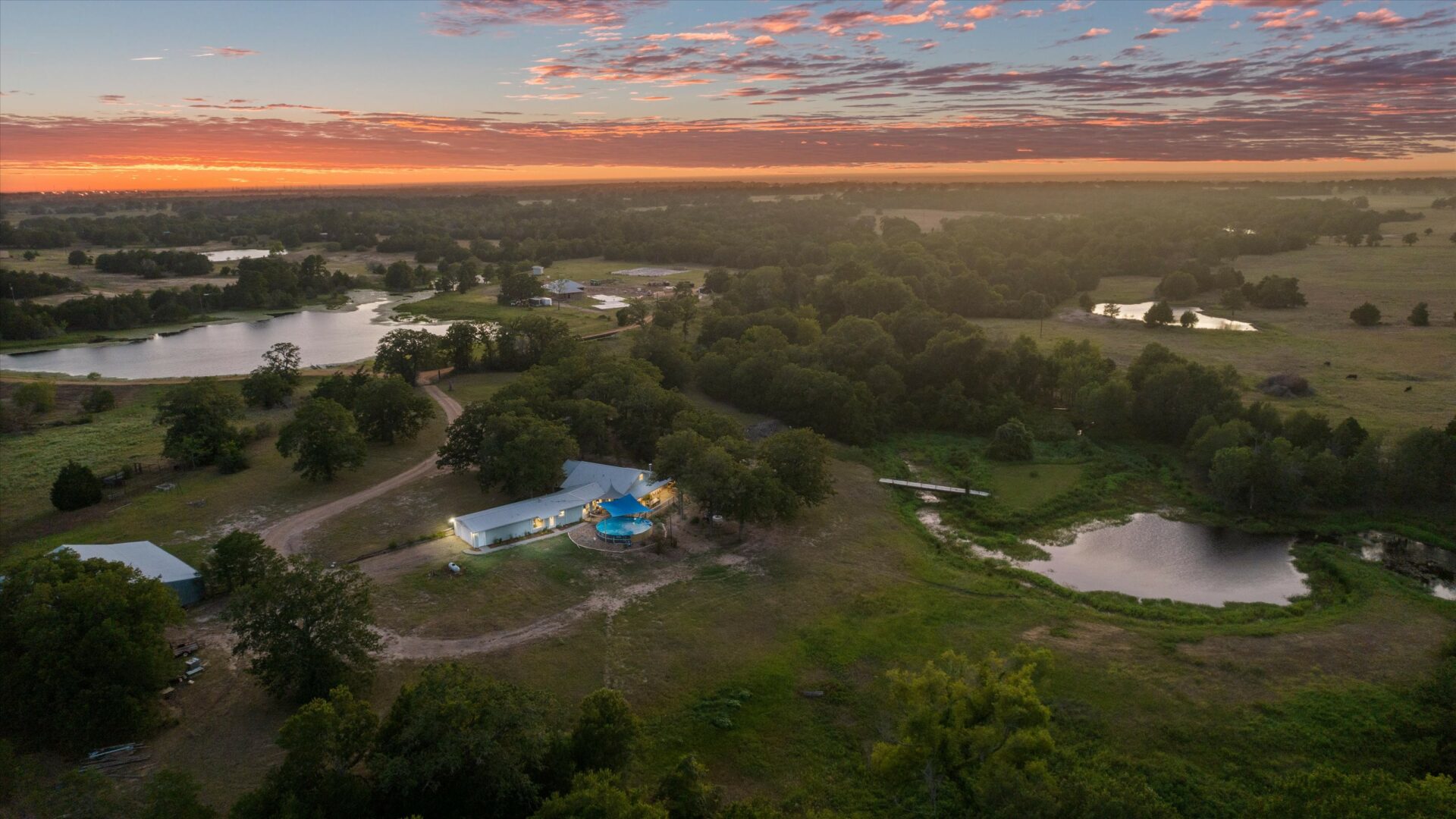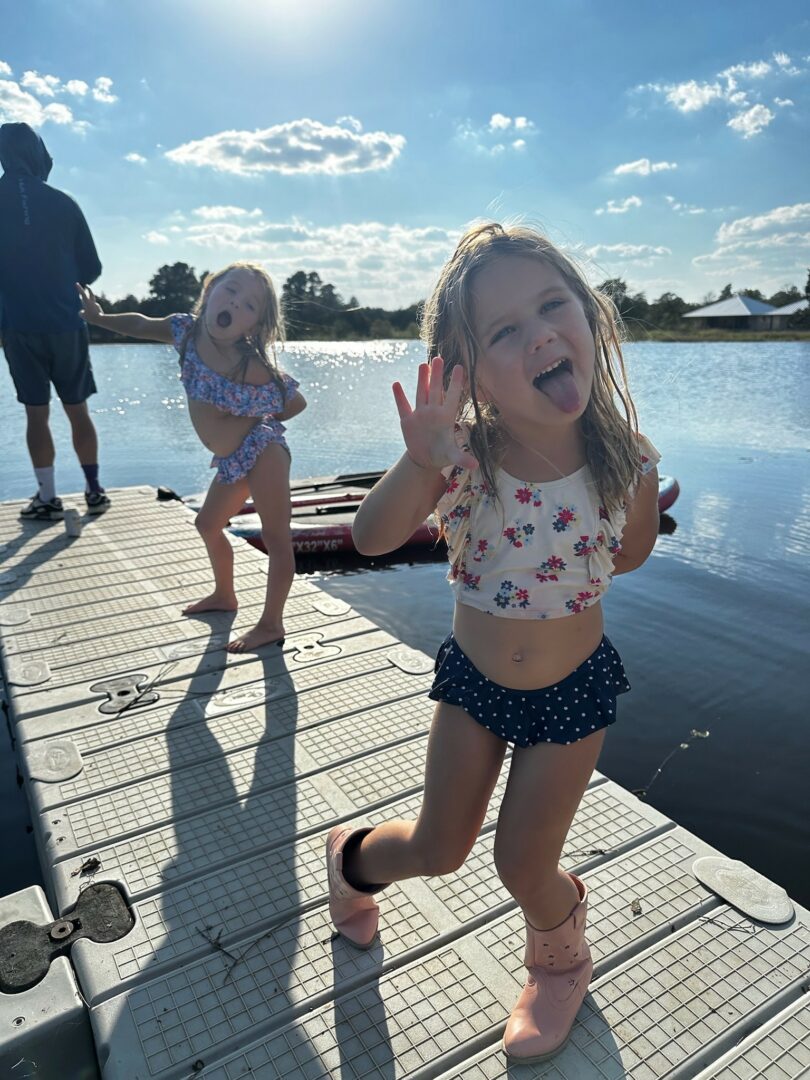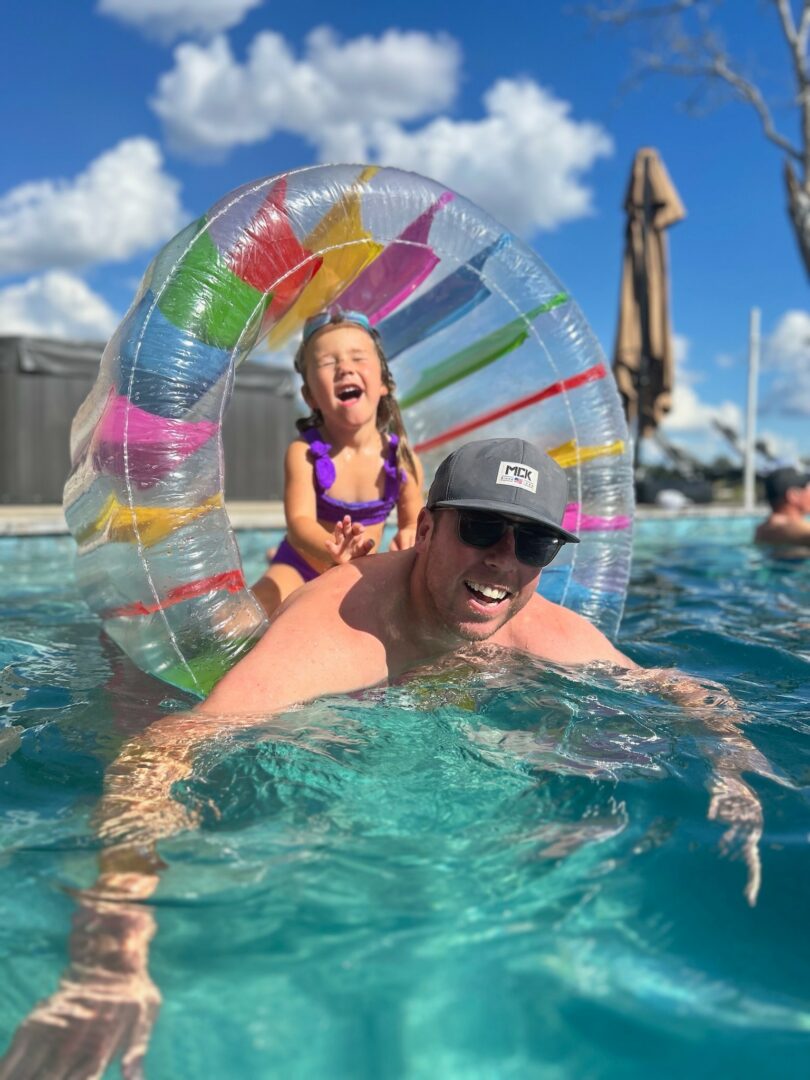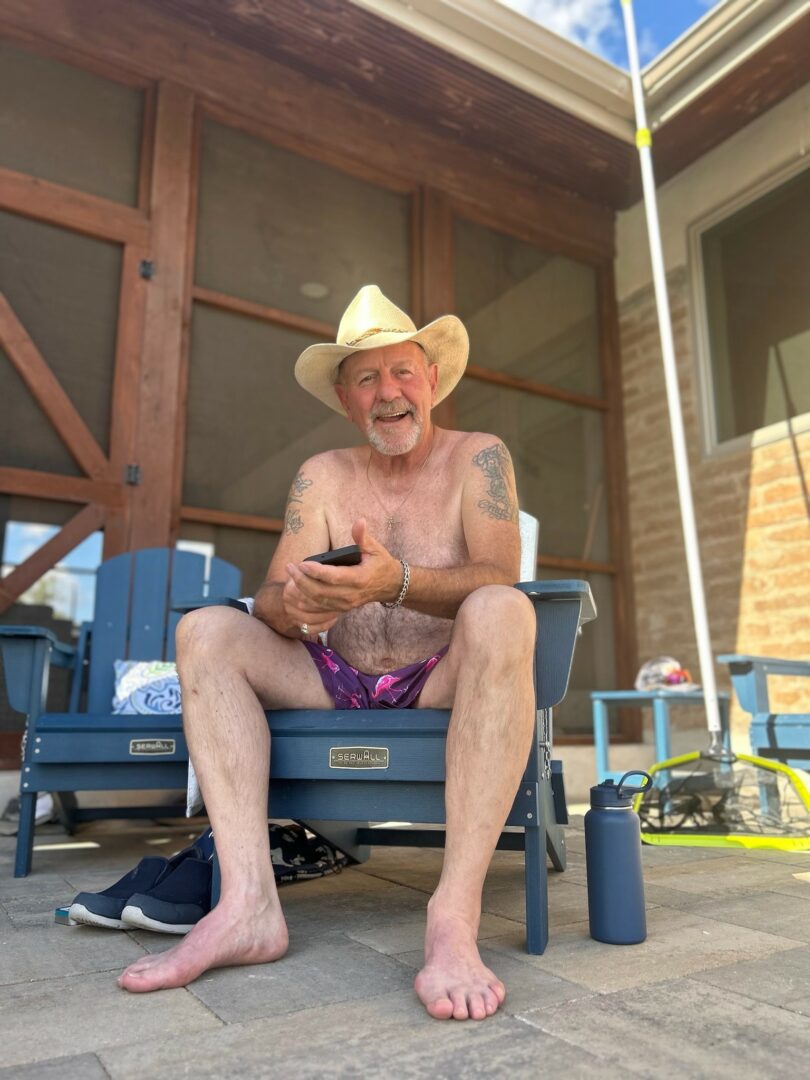Alright – so today we’ve got the honor of introducing you to Robert Schwenkler. We think you’ll enjoy our conversation, we’ve shared it below.
Robert, so great to have you with us and we want to jump right into a really important question. In recent years, it’s become so clear that we’re living through a time where so many folks are lacking self-confidence and self-esteem. So, we’d love to hear about your journey and how you developed your self-confidence and self-esteem.
It’s been a real journey for me. Is there anyone for whom that’s not true?
In my 20s I suffered from extremely deep depression, with years of feeling suicidal. This absolutely impacted my self esteem, assertiveness, and sense of worth in the world.
There have been a few core elements to me becoming happier and more confident:
1. Deep inner work. Learning to accept and allow the parts of myself that I realized I’d suppressed since painful early childhood events. Reclaiming my emotional expression… grief, anger, and beneath it all, my joy.
2. Taking aligned action. I became committed to following a life path that felt right to me, and taking forward action even when I doubted myself or the outcomes. Each time I did what I said I would, I learned to trust myself a little bit more – regardless of the result. Confidence is the outcome of the action we take.
3. Supportive family & community. I’ve been blessed with a family who’s always respected who I am and what my life directives have been. I know this isn’t true for everyone, but I have also actively cultivated supportive social and professional communities around myself. Intentionally cultivating community or “family” is possible for anyone. Surrounding myself with people who support our goals is an invaluable foundation for success.
Thanks for sharing that. So, before we get any further into our conversation, can you tell our readers a bit about yourself and what you’re working on?
I help run Peaceful Waters Retreat – a retreat center on 53 gorgeous acres between Austin and Houston.
Our property feature modern amenities combined with natural earth block construction: a private lake, swimming pools, yoga room, dry sauna & steam room, and more. Guests often tell us it feels like stepping into another world… quiet, beautiful, and restorative.
Whether we’re hosting a multi-generational family reunion, a team building event for a regional company, or a group gathering for deep inner work, guests come here for more than just a place to sleep. They come to reconnect with nature and build lasting memories together.
While managing this property can be demanding at times, I genuinely enjoy the customer service aspect of my work. My goal is always to provide prompt, professional, and empathetic service to our guests, so they can get the most out of their experience.
Peaceful Waters is more than just a business. It’s a family-run venture, collaborating with my parents, sister, and cousin to keep things running. I’ve got an amazing on-the-ground team, and together we’re committed to delivering a level of care and hospitality that makes each stay genuinely special.
There is so much advice out there about all the different skills and qualities folks need to develop in order to succeed in today’s highly competitive environment and often it can feel overwhelming. So, if we had to break it down to just the three that matter most, which three skills or qualities would you focus on?
Looking back, three qualities that have been critical in my journey are adaptability, communication, and problem-solving.
Adaptability has been essential. Whether it’s accommodating in-the-moment guest needs, unpredictable Texas weather, or operational hiccups, each day in hospitality and property management is different. The ability to stay flexible and relaxed is crucial. The more I embody these qualities, the better I can respond thoughtfully and compassionately instead of reacting emotionally.
Clear, proactive communication is also a core focus of mine, especially in short-term rentals where expectations and emotions can run high. Anticipating needs and questions ahead of time helps prevent unpleasant surprises for guests. When issues do come up, listening with empathy, explaining clearly, and setting respectful boundaries can turn potential disasters into deepened trust with both guests and team.
Finally, problem-solving under pressure is critical. Whether it’s an unexpected maintenance issue or juggling logistics across multiple properties, staying calm and solution-focused allows me to turn problems into positive experiences.
For anyone starting out, my advice would be:
– Seek guidance. Others have been there and screwed it up before. Observe how others handle real-world challenges, and borrow what works for you.
– Don’t make yourself the victim. Guest complaints, equipment failures, and staff conflicts are inevitable. See them as opportunities to grow as a person & a leader. Use them to excel at your craft.
– When something goes wrong (because it will), treat it as a chance to refine your systems instead of just fixing the issue and moving onto the next thing.
These are learnable skills. Over time, with enough reps, they become instinct.
If you knew you only had a decade of life left, how would you spend that decade?
To be honest I don’t think I’d change a thing! I’ve been very intentional about creating a life that’s full of growth and progress, but also has plenty of space for the things that really matter: relationships with people I love and the activities that keep me strong & happy.
Contact Info:
- Website: www.peacefulwatersretreat.com
- Instagram: instagram.com/peacefulwatersretreat
- Facebook: facebook.com/peacefulwatersretreat
